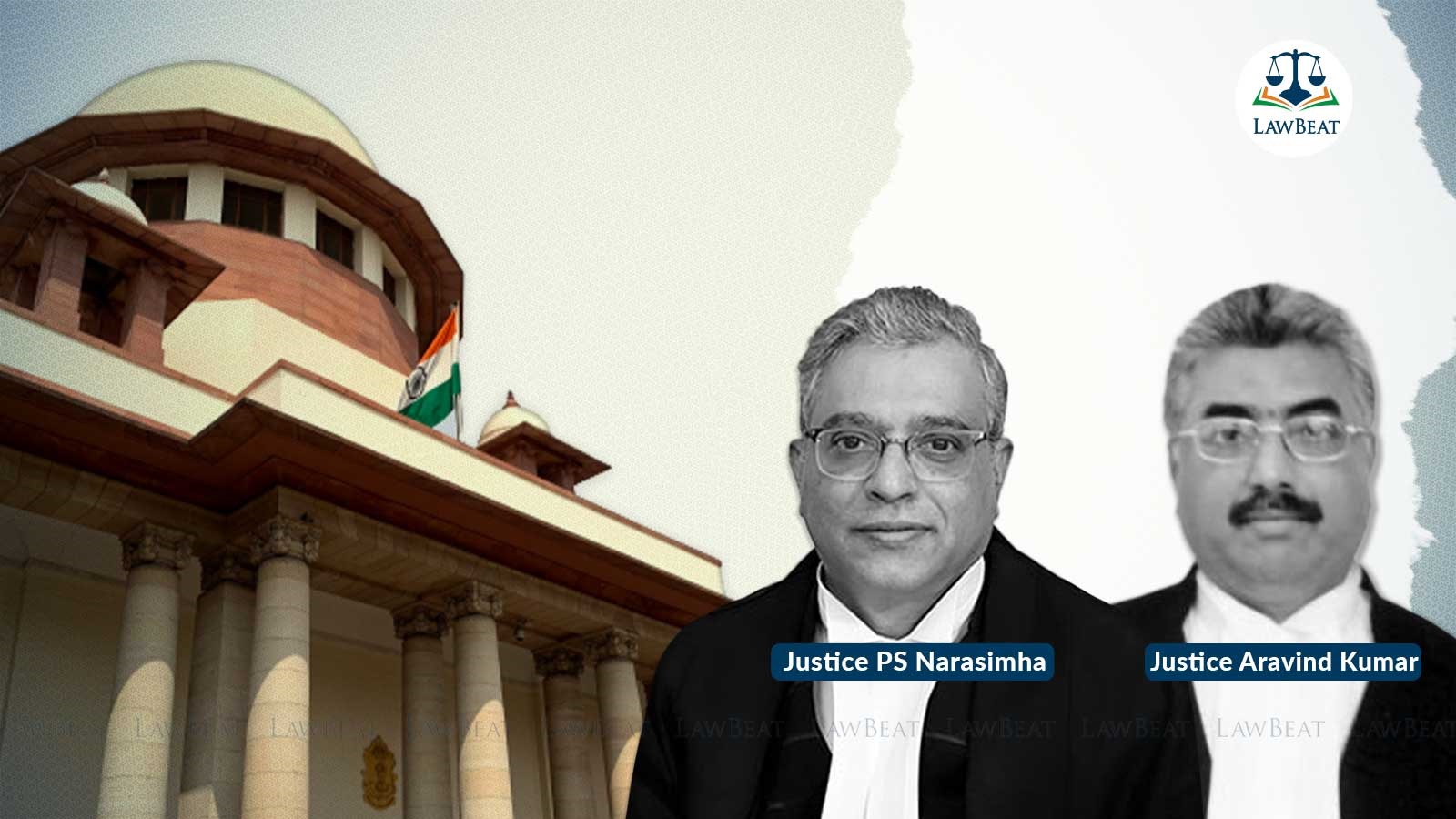SC asks Bombay HC CJ to review working of Slum Redevelopment law

Court noted several problematic areas in the statutory scheme of the Act, including identification and declaration of land as a slum, identification of slum dwellers etc
The Supreme Court has on July 30, 2024, asked the Chief Justice of Bombay High Court to constitute a bench to initiate suo motu proceedings for reviewing the working of the beneficial legislation, the Maharashtra Slum Areas (Improvement, Clearance and Redevelopment) Act, 1971.
"The Act is a beneficial legislation, intended to materialize the Constitutional assurance of dignity of the individual by providing basic housing, so integral to human life. However, the propensity and the proclivity of the statute to generate litigation are worrisome. There seems to be a problem with the statutory framework for realizing the purpose and object of the statute," a bench of Justices P S Narasimha and Aravind Kumar said.
The apex court noted several problematic areas in the statutory scheme of the Act, including identification and declaration of land as a slum, identification of slum dwellers, selection of a developer, apportionment of the slum land between redevelopment area and sale area, and obligation to provide transit accommodation for the slum dwellers pending redevelopment.
"Another concern which exists is about the effectiveness of statutory remedies: Statutory remedies are ineffective and at the same time, lacking in accountability and judicial review proceedings under Article 226 of the Constitution cannot be a long-term solution," the bench said.
The court emphasized that the problems arising out of the statutory scheme and policy framework should have been reviewed by the State of Maharashtra.
"Assessment of the working of the statute to realize if its purpose and objective achieved or not is the implied duty of the executive government. Reviewing and assessing the implementation of a statute is an integral part of Rule of Law. It is in recognition of this obligation of the executive government that the constitutional courts have directed governments to carry performance audit of statutes," it said.
The bench pointed out that the judiciary can and ought to perform the role of facilitator for access to justice and effective functioning of constitutional bodies. In this role, the judiciary does not review executive and legislative actions but only nudges and provides impetus to systemic reforms, it added.
"The statute in question is one which was intended to benefit the marginalized and the impoverished. It is not easy for the intended beneficiaries of this legislation to carry their voice to the legislative branch for effective reform. The exercise that this court intends to direct presently is aimed at facilitating their access to legislative and executive reforms, which this court believes is an essential component of constitutional justice," the bench said.
Considering that the Act is a state legislation, implementation of which lies with the State of Maharashtra, and to date, no comprehensive statutory audit has been undertaken, the bench asked the Chief Justice of the Bombay High Court to constitute the bench.
Having examined the matter, the bench may consider directing the government to constitute a committee for performance audit of the Act as lawmaking, including amendments, is the exclusive domain of the legislature, the court said.
The court's directions came while dismissing an appeal of Yash Developers against the Bombay High Court's judgment which had upheld the cancellation of a slum-redevelopment project granted in favour of the real estate firm in 2003 for developing a slum in the Borivali area of Mumbai.
The project was unduly prolonged for over two decades and the agreement was terminated by the Apex Grievance Redressal Committee on August 4, 2021. While dismissing the appeal, the bench also imposed a cost of Rs one lakh payable to the Supreme Court Mediation and Conciliation Project Committee.
The court noted the delay in executing the project, by the time of the termination order, was more than 16 years.
"The appellant is a developer and fully understands the process of obtaining environmental clearances while other sanctions and permissions are pending, and it is for him to make all the necessary arrangements," the bench said.
"While we reject the justifications given by the appellant for delaying the project, we are fully conscious of the dereliction of the statutory duty of the SRA in ensuring that the project is completed within time. We have already expressed our opinion that the CEO and the SRA are accountable for their actions. While we reject the justification for delay, we record our dissatisfaction about the indifference, amounting to negligence on the part of the CEO and the SRA," the bench added.
In its judgment, the court also cited the National Judicial Data Grid data, which disclosed a total of 1612 cases, involving disputes arising under the Act, were pending before the High Court.
Of these, 135 cases are more than 10 years old. In the last 20 years, 4488 cases have been filed and disposed of under the said Act. Latest data from the Bombay High Court reveals that about 923 cases on the Appellate side and 738 on the Original Side are pending adjudication, the court noted.
Case Title:Yash Developers Vs Harihar Krupa Co-operative Housing Society Limited & Ors
